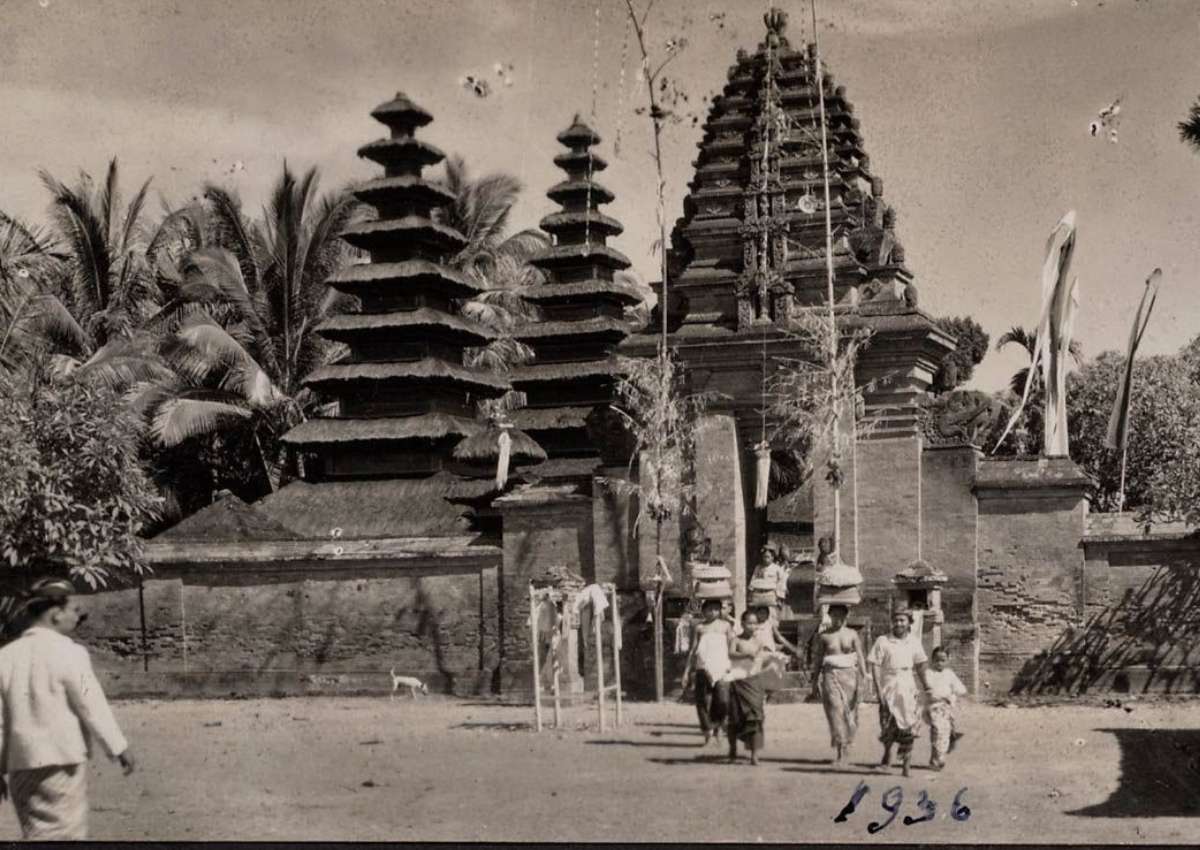
Short History
The history of Bali is a rich and diverse one, dating back thousands of years. The island is believed to have been first inhabited by Austronesian people around 2000 BC. Over the centuries, Bali has been influenced by a number of different cultures, including Indian, Chinese, and Javanese.
In the 14th century, Bali came under the rule of the Majapahit Empire, a powerful Javanese kingdom. During this time, Balinese culture flourished, and the island became a major center of Hindu learning and art.
However, in the 16th century, the Majapahit Empire collapsed, and Bali was divided into a number of small kingdoms. This period was marked by frequent warfare and instability.
It was during this time that many Hindus fled Java to escape religious oppression from the majority moslem Javanese. Bali was a Hindu island, and the Balinese were welcoming to their fellow Hindus.
In the 19th century, the Dutch began to colonize Bali. The Dutch faced fierce resistance from the Balinese, but they eventually conquered the island in 1908.
During the Dutch colonial period, Balinese culture was suppressed. However, the Balinese people managed to preserve their unique culture and traditions.
In 1945, Indonesia declared independence from the Netherlands. Bali became a province of Indonesia in 1958.
Since independence, Bali has become a popular tourist destination. Tourists are drawn to Bali’s beautiful beaches, lush rice terraces, and ancient temples.
Today, Bali is a thriving province of Indonesia with a rich and vibrant culture. The Balinese people are known for their hospitality, their love of the arts, and their strong religious beliefs.


















